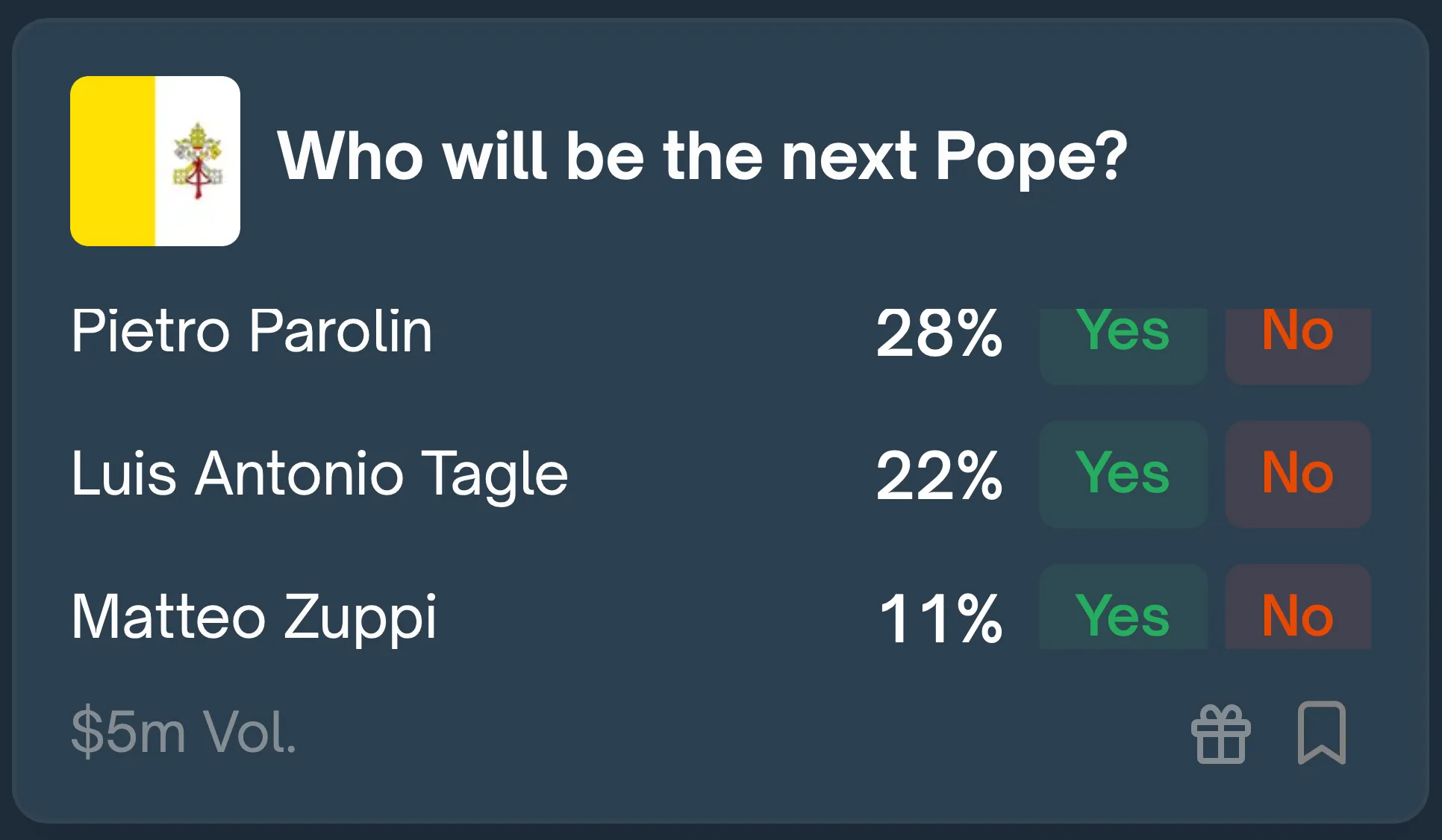- BLOG
- CRYPTO-BASICS
- What is a Crypto Wallet and What Does It Mean for Your Crypto Taxes?
What is a Crypto Wallet and What Does It Mean for Your Crypto Taxes?
When we think about investment instruments, most people imagine traditional setups involving banks, brokers, and custodians. Crypto, however, turns this paradigm on its head. The most significant difference between crypto and regular investment instruments—and arguably the least understood by new users—is that a crypto wallet is ultimately your own bank.
With crypto, you don’t need a bank, a broker, or any intermediary to buy, hold, or sell assets. You hold the power to manage your funds directly. While this is revolutionary, it also comes with its own set of challenges—especially when it comes to taxes.
Custodial vs. Non-Custodial Wallets: What’s the Difference?
Of course, not all crypto investors choose to take full control of their assets. Many buy coins and store them in custodial wallets, where a third party, such as an exchange (e.g. Binance or Coinbase), manages their private keys. While convenient, this approach effectively means you’re entrusting someone else with your crypto—similar to depositing money in a bank.
The crypto community, however, often emphasizes the proverb: “Not your keys, not your crypto.” This refers to the fact that, with custodial wallets, the third party ultimately has control over your assets. True financial sovereignty comes with non-custodial wallets, where only you hold the private keys and therefore have complete control over your crypto.
This distinction—custodial vs. non-custodial wallets—is at the core of why crypto has been hailed as the ultimate instrument for financial freedom. Over time, I believe the majority of crypto will be stored in non-custodial wallets (e.g. MetaMask or Trust Wallet), as more investors recognize the value of owning their assets outright.
The Freedom of Crypto Comes with Responsibilities
As empowering as non-custodial wallets are, they also come with responsibilities. One key implication is that, because you hold your own keys, you are the only one with full access to your transaction history across all wallets.
This has major implications for crypto taxes. Unlike traditional investments, where banks and brokers report your income and gains, in the crypto world, the burden of tracking, calculating, and reporting taxes falls squarely on your shoulders.
This is where services like DeCrypto.tax come into play. While crypto gives you the freedom to bypass intermediaries, tax compliance still requires precision and effort. DeCrypto.tax is designed to bridge this gap, providing an easy-to-use yet comprehensive service that works for all types of investors—whether you’re a crypto newbie or a seasoned “crypto-degen.” By actively engaging with a service like DeCrypto.tax, you can stay on top of your tax obligations without sacrificing the freedom and control that make crypto so unique.
In Conclusion
Crypto wallets represent a paradigm shift in financial independence. They give you full control over your assets but also require active involvement in areas like tax preparation. Whether you use custodial wallets for simplicity or embrace the full sovereignty of non-custodial wallets, tools like DeCrypto.tax ensure that managing your crypto taxes doesn’t have to be a headache.
Financial freedom and responsibility go hand in hand—and with the right tools, you can have both.

Prediction Markets Explained: History, Polymarket, Futarchy, and Tax Implications (2025 Guide)

The Comprehensive Guide to Smart Contracts: From Concept to Future Applications

